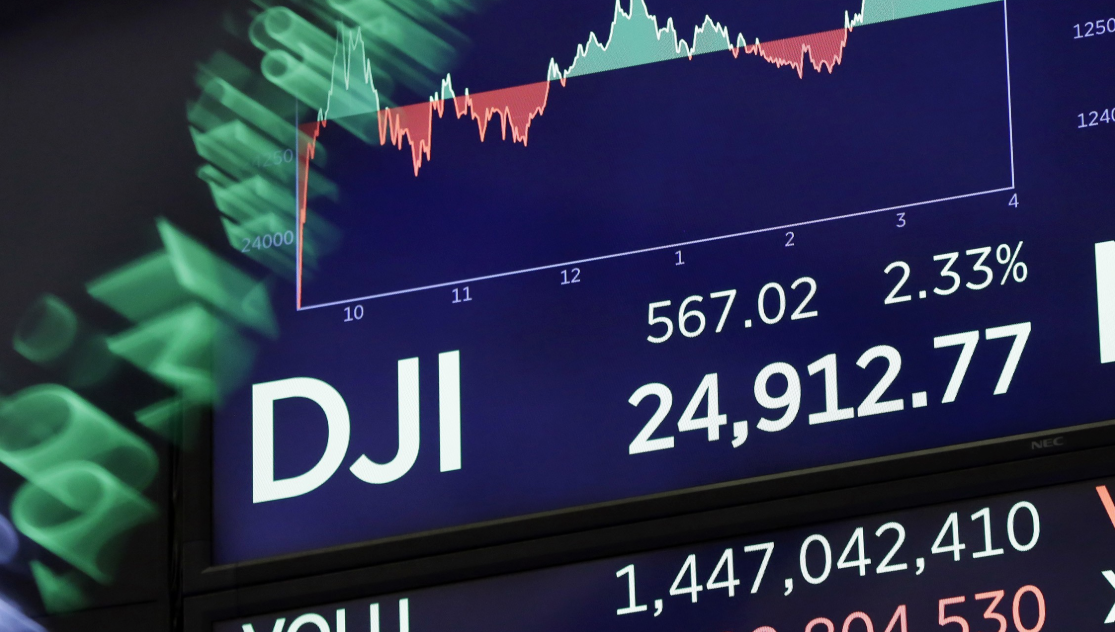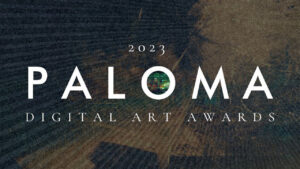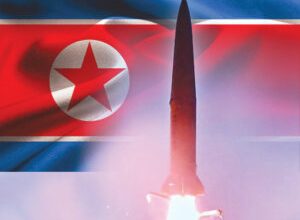University of Perpetual Help partners with Malaysian, Thai universities for satellite project

PHILIPPINE-based University of Perpetual Help System DALTA (UPHSD) has partnered with academic institutions in Malaysia and Thailand for a nanosatellite project that will gather data on marine traffic and greenhouse gases, among others.
UPHSD, in a press release on Monday, said its partners are the Universiti Teknologi MARA (UiTM) in Shah Alam, Malaysia and the King Mongkut’s University of Technology North Bangkok (KMUTNB) in Thailand.
Their project, the ASEANSAT1, is targeted to launch in the first quarter of 2023 to the International Space Station, “after which the satellite will go into a low earth orbit to gather data on earth imaging, marine traffic and greenhouse gases and testing of equipment like commercial off-the-shelf global positioning system and the Anistropic Magneto Resistance Magnetometer.”
“Certainly, this project is a milestone not only for the University of Perpetual Help System DALTA but for the development of science and technology in the country and in the ASEAN region,” University of Perpetual Help President Anthony Jose M. Tamayo said in the statement.
ASEAN refers to the 10-member Association of Southeast Asian Nations.
UiTM’s Mohamad Hazaimy Jusoh, speaking during the project’s kick-off ceremony on March 11, said the project contributes to the advancement of space technology, satellite images for advanced research of academic institutions, and advanced engineering expertise for students.
UPHSD’s Lorena Ilagan, head of the project, underscored the important role of satellites in day-to-day life.
“Some of us might not be aware of the importance of satellites in our lives. The usual everyday things we rely on… have become increasingly dependent on space technology like satellite TV, GPS systems used by smartphones, instruments and equipment for military operations, air traffic and the weather,” Ms. Ilagan said.
“Without space technology like satellites, the world would be very different from what it is today.”




